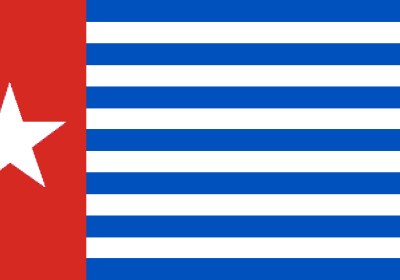
The armed conflict in West Papua’s central highlands continues to deteriorate, costing the lives of innocent civilians, writes Human Rights and Peace for Papua.

The armed conflict in West Papua’s central highlands continues to deteriorate, costing the lives of innocent civilians, writes Human Rights and Peace for Papua.
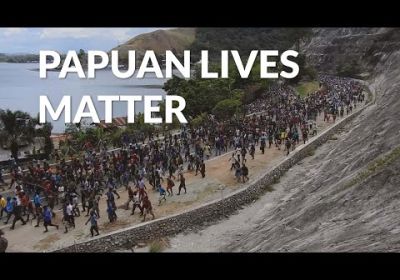
A new documentary describing the background and aftermath of last year's West Papua protests has been launched, reports Human Rights and Peace for Papua.
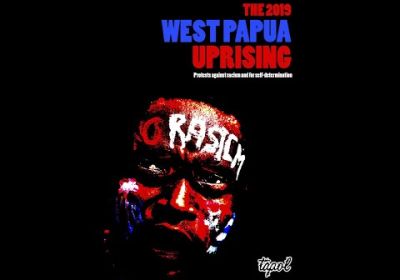
British human rights organisation TAPOL, in collaboration with Indonesian human rights lawyer Veronica Koman, have just published an extensive report on the 2019 West Papua Uprising, writes Susan Price.
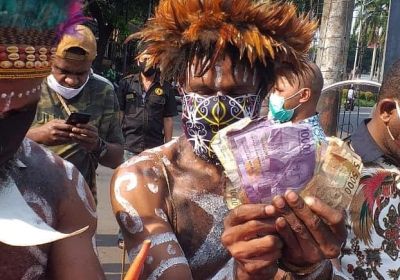
Lawyer Veronica Koman has received international support for her work exposing Indonesia's human rights abuses in West Papua, writes Susan Price. Now, an international fundraising campaign may have scuttled the Indonesian government's latest attempt to disrupt her work.

August marked one year since the racist attacks on West Papuan students in Surabaya sparked a new uprising. Green Left spoke to Indonesian human rights lawyer Veronica Koman about the escalating conflict in West Papua and prospects for independence.

West Papuans and their supporters around the world traditionally raise the Morning Star flag — the symbol of an independent Papua — on December 1. This is an act of defiance, as flying the flag is outlawed by the occupying Indonesian government.
New Zealand-based West Papua solidarity activist and author Maire Leadbeater looks the new uprising in West Papua and the repression being carried out by Indonesian security forces while governments, including NZ’s, remain silent.
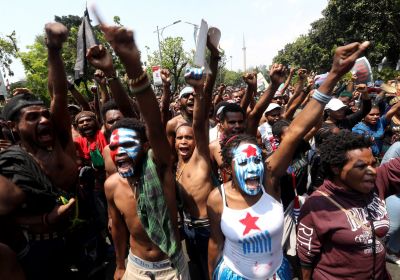
The decades-long struggle of the West Papuan people for self-determination has intensified in recent months — and Australia’s role in aiding and abetting the Indonesian occupation is once again being brought under international scrutiny.
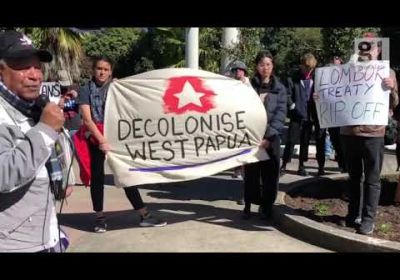
Rex Rumakiek and Ronny Kareni from the United Liberation Movement for West Papua (ULMWP) addressed a rally in solidarity with West Papua in the Sydney suburb of Kensington on September 7.
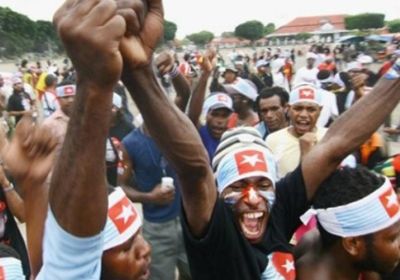
On August 17, Indonesian Independence Day, armed Indonesian police, soldiers and radical Islamic militia stormed a student dormitory in the Indonesian city of Surabaya (on the island of Java), which housed West Papuan students, arresting 43.
In response to the crackdown on activists and protesters in West Papua, which has followed this attack, regional left organisations have issued the following joint statement.